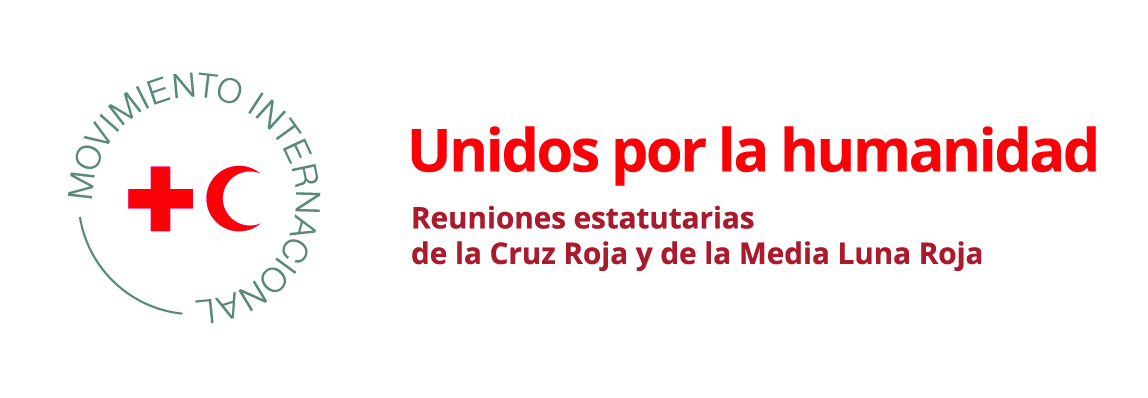A) Objetivos de la promesa
Guided by the theme of ‘Shifting vulnerabilities’ and by the resolution of the 33rd International Conference of the Red Cross and Red Crescent entitled ‘Resolution 7: Disaster laws and policies that leave no one behind’, and recognising the impact of increasingly severe weather events and their effects on communities around the world, we pledge to strengthen climate-smart disaster risk management and to scale-up climate action in the following ways:
Establish and support the Risk-informed Early-Action Partnership (REAP)
– Express our joint intention to support the Risk-informed Early Action Partnership which seeks to make one billion people safer from disasters by greatly expanding early action financing and improving early warning systems and the capacity to act on the risks they identify.
– We shall support with technical, financial, human and diplomatic resources to help deliver all four ambitious targets of the partnership.
Specifically, we commit to:
¨Scale up access to predictable financing for early action (REAP target 2)
– Develop collaborative planning and financial mechanisms for humanitarian and government actors to take early/forecast-based action together in the most at-risk communities:
– identify locally appropriate thresholds/triggers for user-led action and early actions;
– develop early action plans/protocols informed by quality risk analysis and involving relevant partners (including local communities, national governments, meteorological services and other agencies), using REAP as a convening platform where appropriate;
– Encourage other National Societies to become members of REAP, thereby scaling-up the opportunities for risk-informed early action targeting the most vulnerable communities.
– Increase investments in anticipatory funding, such as forecast-based financing, by:
-
- committing at least £2m per annum to the IFRC’s Forecast-based Action by the DREF and towards the development of early action protocols;
- matching investments made in early warning systems with investments towards early action in last-mile communities.
B) Plan de acción
The REAP Secretariat will follow the workplan as approved by its Board during 2020.
C) Indicadores para medir los avances:
- The REAP Secretariat is established and able to report on progress to its governing board
- Number of communities where community-led early warning systems are established or improved
- Number of early action plans/protocols developed outlining clear triggers for action and appropriate early actions
D) Recursos requeridos:
Nearly £1m has been committed to help establish the REAP Secretariat and maintain its functioning until March 2021.
£2m per annum has been committed to support IFRC’s DREF, including forecast-based action and the development of Early Action Protocols.



